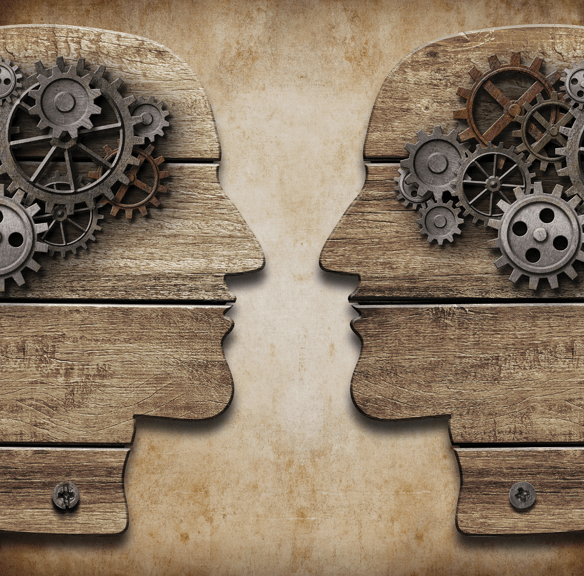What to Think When You Feel Hurt by Someone
The brain’s natural response to a perceived threat is fight, flight, or freeze. We perceive threats daily from people we live and work with—slights, rude remarks, inconsiderate actions, failure to be appreciated. Enter the human brain’s amygdala response: When the threat is perceived, we conclude that the other person, at the moment, is a “foe” rather than a “friend.” Because of that, we naturally power up, shut down, or hesitate in our interactions.
Do you want to work or live in an environment where you and others are fighting, flighting, or freezing!?
Of course not. No one does. That’s why I think a lot about how to minimize the fight, flight, or freeze response in relationships. And in doing so, I’ve come to a conclusion that has really helped me. Perhaps it might help you too. My conclusion is:
We should assume that, whenever someone hurts us, they’ve done it because: A) they are hurting or B) it was a mistake.
In other words, all the wounds we experience from others are either reactional, accidental, or unintentional.
The other person may be reacting to hurt that they have experienced, either by you, by someone else, or by their situation. Wounding, offending, or insulting you might be their way of compensating for their own insecurities. It’s possible that they’re trying to control people around them because they are afraid. Or perhaps they are trying to make themselves feel better.
It’s all coming from a place of neediness or brokenness. Or if not, it’s coming from a mistake or misunderstanding.
They just had no idea their words or actions would offend.
If we keep this in mind, it should make us more sympathetic rather than upset.
It’s similar to this advice you may have heard: Assume positive intent. But the problem with assuming positive intent is it doesn’t fully capture reality. Often there is no intent at all—the person just didn’t think through their actions. Other times, people do intend to hurt you, but the reason they are doing it is because they themselves are hurting.
Now you might say, I don’t have any sympathy for someone who doesn’t take responsibility for their words and actions. If they don’t think through their actions and that results in a mistake or misunderstanding, there should be a consequence. And if they hurt me because they are afraid, needy, or insecure, they still need to experience a consequence for their actions.
Absolutely. Accountability, justice, responsibility, and consequences—all of this is important.
But how do you dispense those consequences? From a brain that’s in a state of fight, flight, or freeze? Or from a sympathetic brain?
You see, sympathy changes us. It makes us gentler and generous rather than needy. It softens our tone and makes us more curious rather than judgmental.
Imagine if we could become more mature and self-regulated like that. With a growth mindset, we can.
Think about the last time you were upset or frustrated at someone. Consider someone who has a pattern of slighting or disrespecting you.
Imagine saying to yourself in the moments when you really feel upset:
This person is hurting, or what they did was a mistake or misunderstanding. Therefore, what’s the best way for me to respond?










Comments are closed here.